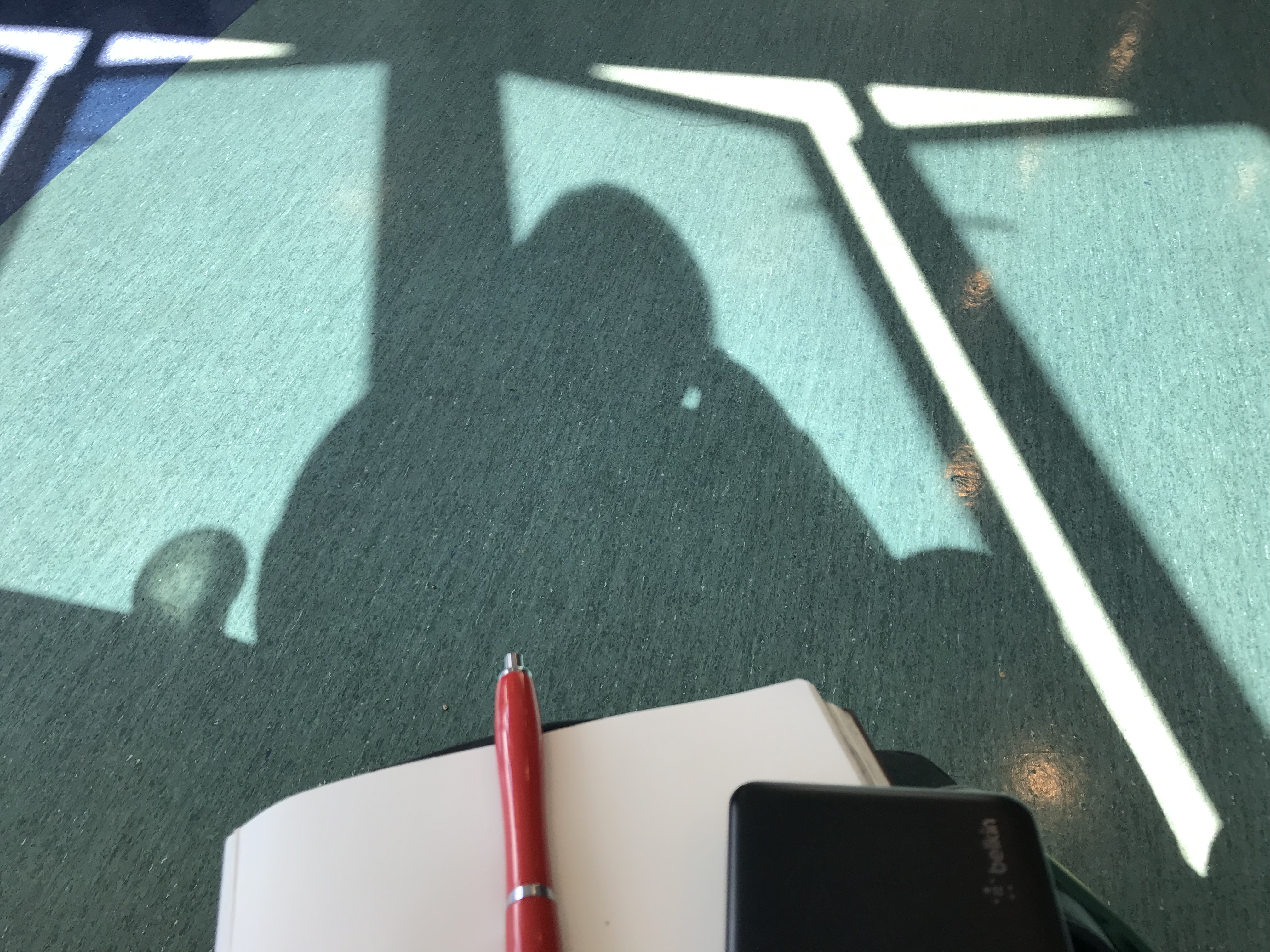Two of Six – Dialogical

Oh my gosh… it’s days later and I’m still phone blogging. Albeit I am sitting in the waiting room at BC Ferries en route back to the Sunshine Coast (see photo below) but all 3 of my computers are in the shop. I should be able to pick up my computers tomorrow but in the meantime, I might as well address Two of Six words that describe my year of professional learning: DIALOGICAL. Thank you again @RosePillay1 for this mini-blog challenge and @JanetChowMSc for supporting her and nudging me on. I love the challenge. It gives me the opportunity to reflect on these words to uncover what they really mean to me.
DIALOGICAL. I learned this word from my edu-hero Dr. Geoff Madoc Jones from SFU along with the word DISTANTIATE. I was writing my dissertation. The latter word means to distance myself from the problem whereas “dialogical” means to talk with others. I want to take that idea further. There is one level of dialogue where you may be conversing with another person or persons (about nothing) and there is another level of dialogue where you are deepening your understanding, gaining clarity, and sense-making.
Take for example my kid. It’s my number one priority with her as her mom to keep dialoguing with her. She’s 16. She “knows it all.” And, she’s still a kid (who needs her mom… just saying). Even though she is continually driven to find her independence and identity, if we did not have the RELATIONSHIP to talk about different things, whether if it is perceived big or small, we would automatically default to assumptions, rumours, or stereotypes. That is not a great place for me or her. So sometimes we have to park our egos to ask a question, apologize, or listen to each other wholeheartedly without judgement.
Being dialogical in my work is also critical. When we are talking (i.e. with my students, colleagues, community partners, etc.), we are SENSE-MAKING. I have to… especially being new to Prince George and UNBC. Things don’t make sense if I don’t ask a question. Sometimes I will make mistakes and other times I will assume. Both scenarios don’t feel great and I didn’t learn anything. Mistakes remain mistakes unless I learn something about it and seek CLARITY to deepen my understanding of my new workplace and work. It’s not easy sometimes but you don’t know what you don’t know… except you know that you don’t know. That’s the troubling part. Thus, it’s so important to develop relationships, build trust, and make connections. Being dialogical in my mindset and thinking has helped me with my professional learning.
What does it mean to teach in higher education? What does it mean to be a researcher? How am I contributing to my discipline but also supporting student learning? How am I improving my practice? I am guided by questions and curiosity. For me to understand and learn in my professional practice, I need to reflect, question, and dialogue. This is so true about my work with FNESC. I am non-Indigenous. I’ve heard the term “settler.” I don’t know what I don’t know, but I am curious, I will ask questions and I will dialogue with someone who is willing to tell me “the truth.” It’s not easy sometimes because it’s a lot easier not to know. That is a privilege. It is a moral imperative to ask, listen, and dialogue regardless of context.
According to Myer-Briggs, I am an ESTJ. I am an extroverted thinker. No question. I need to talk to sort out my ideas, collaborate with others, and make connections conceptually and relationally. Being dialogical is who I am as a person and learner. I am so happy to have people in my professional circles who will sense-make with me. It is way better to ask a question and dialogue to sense-make rather than to guess and hypothesize in isolation (meh, not my preference).

PS. A great time to end this blog. I’m on the ferry. Woohoo!!!
One comment:
Comments are Closed.